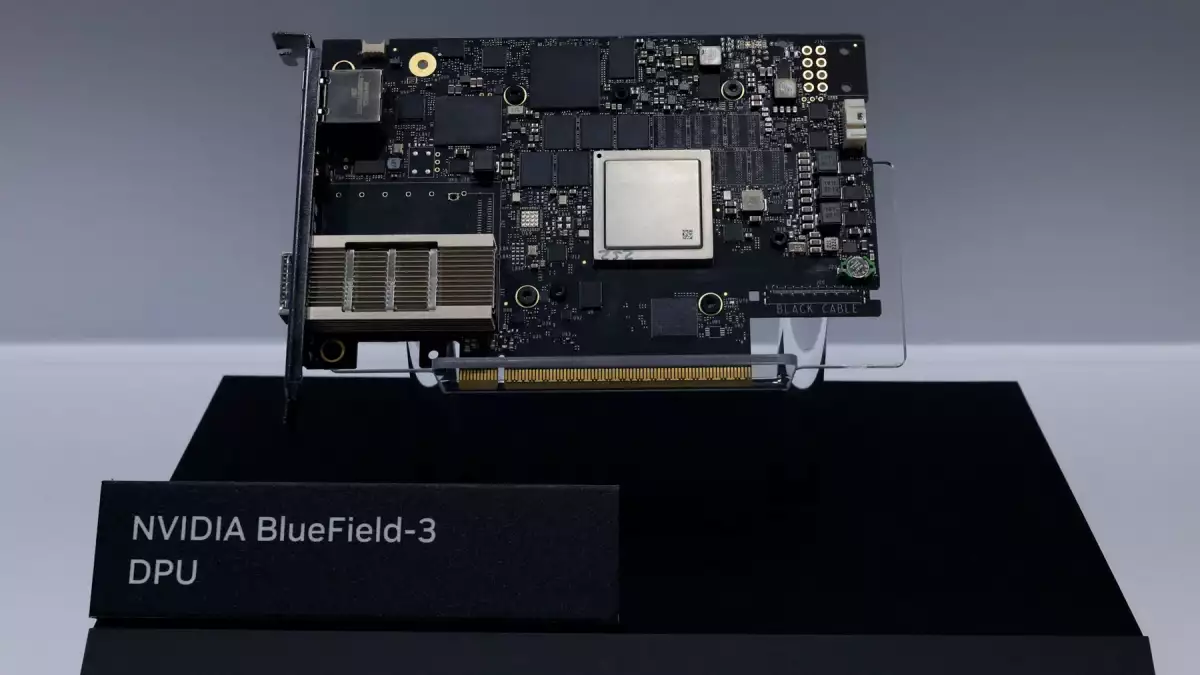
Lead Scoring 2.0. AI is transforming commercial areas
Generating quality leads is no longer a matter of feeling as was once believed, but rather of implementing predictive models and analyzing data.
“Terminator” is a robot and a pop culture icon that sparked genuine curiosity about the future of technology. When it first appeared on our screens, imagining machines capable of interacting with humans seemed like fiction, but today, it is a reality.
We are in a world where Artificial Intelligence (AI) permeates everything. It is present in the financial, services, entertainment and sales sectors. In commercial areas, algorithms do the work that is not seen: they analyze data, detect patterns, review interactions, cross-reference demographics and behaviors in real time, all to generate a list of prospects categorized by sales opportunity in minutes.
Generating quality leads is no longer a matter of feeling as was once believed, but rather of implementing predictive models and analyzing data. In this way, platforms create valuable insights that allow for improved segmentation, personalized offers and optimized sales strategies.
Automation tools help salespeople stay in constant contact with their prospects without losing touch. Plus, machine learning not only identifies what customers are looking for, but learns from each interaction and improves its performance over time. It’s like having a tireless sales partner who never sleeps and is always perfecting their technique.
Should you bet on Lead Scoring? Yes or no? And why?
For those who are not familiar, I am talking about Lead Scoring, where sales departments assign a score to their prospects, taking into account their behavior and the likelihood of them becoming customers.
This process used to be manual. The salesperson would evaluate who looked like a good customer based on signals, often ambiguous, such as the way they spoke or how interested they seemed during a call. Let's be honest, it was more a matter of luck and it didn't always work.
With the implementation of AI, lead scoring has taken a quantum leap. We can now analyze thousands of data points instantly and predict which leads are most likely to convert into sales based on their interactions, purchase history, and less clear indicators, such as the time they spend on a website or the number of emails they open. Is it efficient? Of course it is. Does it save time? Absolutely. But, in my opinion, betting everything on AI-powered lead scoring is not entirely wise.
AI has great virtues in terms of efficiency in lead generation and qualification, but the human factor remains crucial. You can have the best lead scoring system in the world, but if you don't have a salesperson capable of emotionally connecting with the customer, you're lost.
The human touch remains a key differentiator today, and AI has the potential to empower teams. I say today because we don't know what the future holds - we can imagine it, but we can't guess it. So for now, the human factor is key.
I've seen many cases where the most qualified leads, according to AI, simply evaporate because there was no human connection. A salesperson who only follows the steps of the algorithm, without personalizing their approach, is destined to fail.
So what's in store for us in the long term? I'd say we're just at the tip of the iceberg when it comes to implementing AI in sales. Today we already have virtual assistants that do the legwork, like sending emails or scheduling meetings, and systems that accurately predict the likelihood of closing a sale. But in the long term, we're likely to see even more sophisticated tools, capable of generating almost human-like conversations and detecting even the slightest change in customer behavior in real time.
Still, I maintain that technology, however advanced, cannot replace the human touch. It can take us a long way in terms of automation and prediction, but the purchasing decision is still an emotional one, and that requires a human on the other end.
We are in an exciting time for sales, with AI speeding up processes and providing impressive efficiency. But let us not forget: sales are still, at their core, human. The future will be technological, yes, but it will always require warmth and empathy to close the deal. And that is something that no “Terminator” has been able to, cannot, or will be able to replicate.
Leave a comment:


Tranding News










